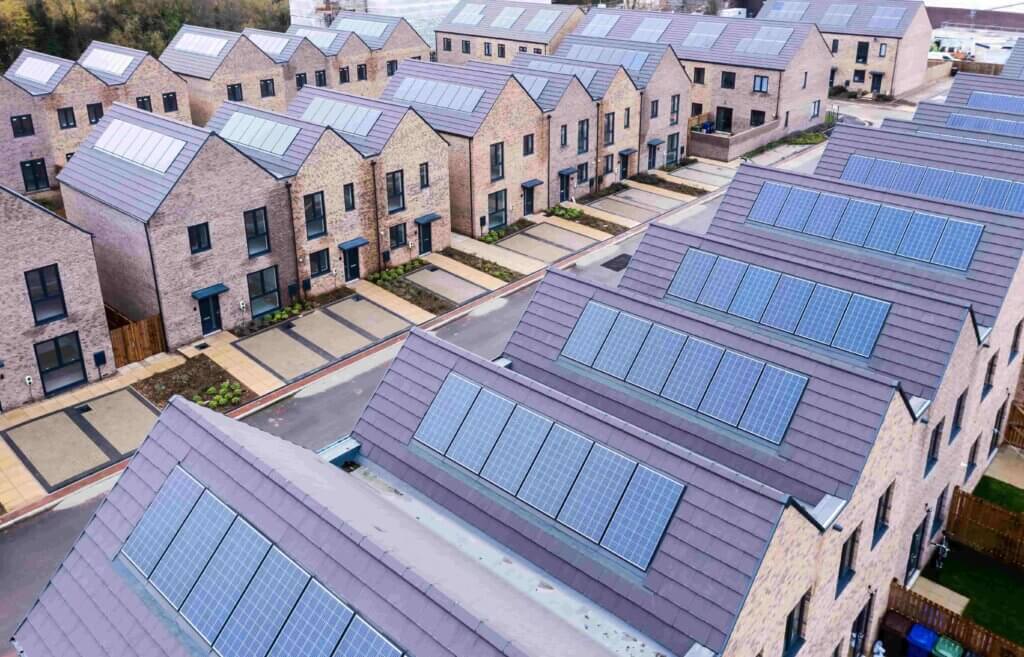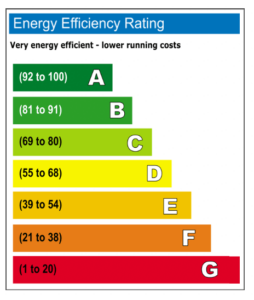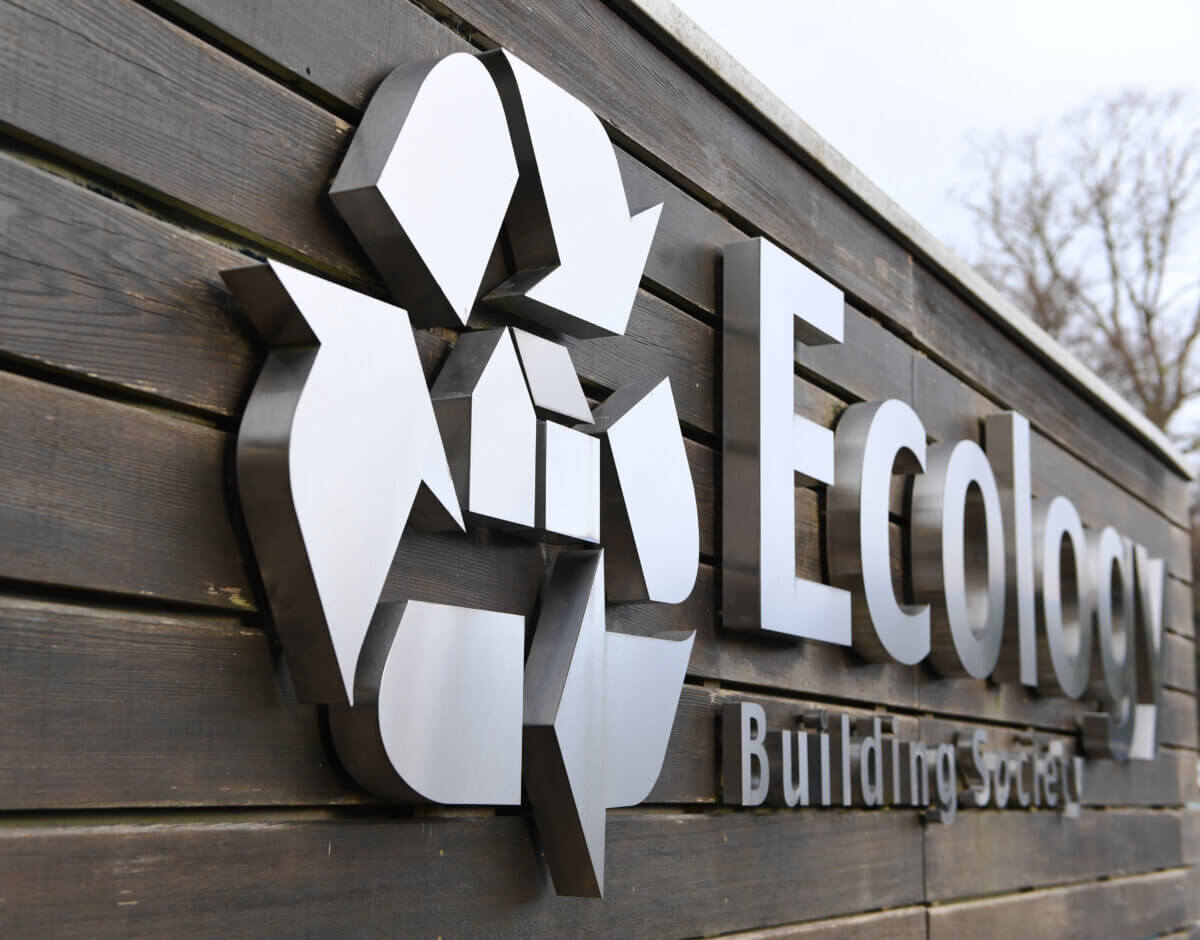Why the Energy Efficiency of New Homes Matters

The UK Government has set itself a target of building 1.5 million new homes in England over the next five years. They admit this is a ‘hugely ambitious’ project but given the current housing shortage it is to be welcomed. The government also plans to reach net-zero carbon emissions by 2050.
At Ecology, we provide funding for sustainable and energy efficient homes and, to reach both the UK’s net zero and housing targets, we strongly support and encourage newly built homes to be as energy efficient and environmentally friendly as possible.
Energy Efficiency: what’s the magic number?
According to the Office of National Statistics the age of your property is the biggest single factor in its energy efficiency. One in six homes in England were built before 1900, and fewer than half of all homes assessed in England had an Energy Performance Certificate (EPC) rating of C or higher.
That’s why for over thirty years our focus has been on providing residential mortgages for renovations, conversions and self-builds that have a positive environmental and social impact. And as developers build more energy efficient new homes, we are eager to provide positive support for newly built ‘eco homes’ too.
We believe eco homes have an EPC of B or higher. And we reward homebuyers for choosing higher EPC rated homes by offering discounts on mortgage rates. We also champion non-standard and sustainable construction methods and renewables, helping homeowners to reduce their carbon footprint.
Under the 2025 Future Homes Standard, new homes across the UK must produce 75-80% less carbon emissions than stipulated by previous Building Regulations. This push to decarbonise new homes will lead to higher EPC standards, with better quality building fabric, such as insulation, triple glazing windows, and energy efficient low-carbon heating systems as standard.
This is good news for house buyers, who are increasingly demanding energy efficient new homes. We’ve seen a spike in searches for ‘green mortgages’, reflecting a growing trend towards an interest in sustainable living – with borrowers ever more conscious of the climate crisis and cost of energy. Research also shows that 72% of Gen Z consumers say that sustainability is a key factor when looking for a financial provider.
That’s why we’ve launched our Eco Home Mortgage which rewards those who wish to buy or remortgage an energy efficient home with a minimum EPC of 85 (our magic number) by offering a full-term term discount.
According to the latest government statistics only 16% of new builds in England and Wales in 2024 achieved a score of A/B. However, the number of A rated homes more than doubled between 2023 and 2024, so the trend is going in the right direction!
Although we applaud the raising of EPC scores, we would like to encourage homebuyers to demand more. To minimise environmental impact and maximise energy efficiency, our definition of a new eco home is one with an EPC rating of 85 or higher – Band A/B.
What is an EPC Rating?
An EPC (Energy Performance Certificate) rating is a measurement of the energy efficiency of a building. The rating is based on factors such as insulation, heating systems, and the overall energy use of the property.
The rating scale typically ranges from A (very efficient) to G (inefficient), with A being the best and most energy efficient and G being the worst.
Learn more about sustainable insulation and renewable energy sources. Or find out more about sustainable building practices by downloading our free Ecology Guide To Eco Renovation (PDF).
The Benefits of Owning an Eco Home
Owning an environmentally sustainable home has many benefits. By choosing sustainable practices, such as using recycled, locally sourced materials and renewable energy technologies, you’re helping to protect the environment. And enjoying lower utility bills, greater energy efficiency, and a home that requires less maintenance in the long run.
- Sustainability – Eco homes built from sustainable materials using renewable sources are often more durable and require less maintenance – and they help to save natural resources and lower carbon emissions.
- Energy Efficiency – A well-insulated home using renewable energy sources such as a ground source heat pump and solar panels can significantly reduce your energy bills. It also helps reduce the carbon footprint. For instance, simply replacing a gas boiler for a heat pump cuts CO2 emissions by 77-86%!
- Future Proofing – As we move closer to net zero, technologies such as gas boilers or inefficient storage heaters will become obsolete. An eco home future proofs your living space for generations to come.
- Adds Value – Recent reports have found that an EPC rating A or B can significantly increase the value of your home.
- Healthy living – Green materials and practices help to create a healthy and comfortable home, with improved ventilation and air quality, natural lighting and a reduction in the harmful chemicals and pollutants often found in modern building products. This is better for the planet and better for you.
Funding Your Eco Home The Ecology Way
Given the on-going housing crisis, we understand the government’s drive to provide new homes. It’s also important, for the sake of the planet, that we reach net zero as soon as possible. That’s why we encourage homebuyers to choose sustainable, energy efficient new homes with a high EPC rating – A or B.
Our eco home mortgage rewards energy efficiency by offering a discounted mortgage rate for the full term of the mortgage you have with us. This includes non-standard construction materials such as timber framed homes that some providers will not fund.
Are you are considering buying or remortgaging an energy efficient home? Or a non-standard construction housing developer looking for finance?
Find out more about our Eco Homes Mortgages.




